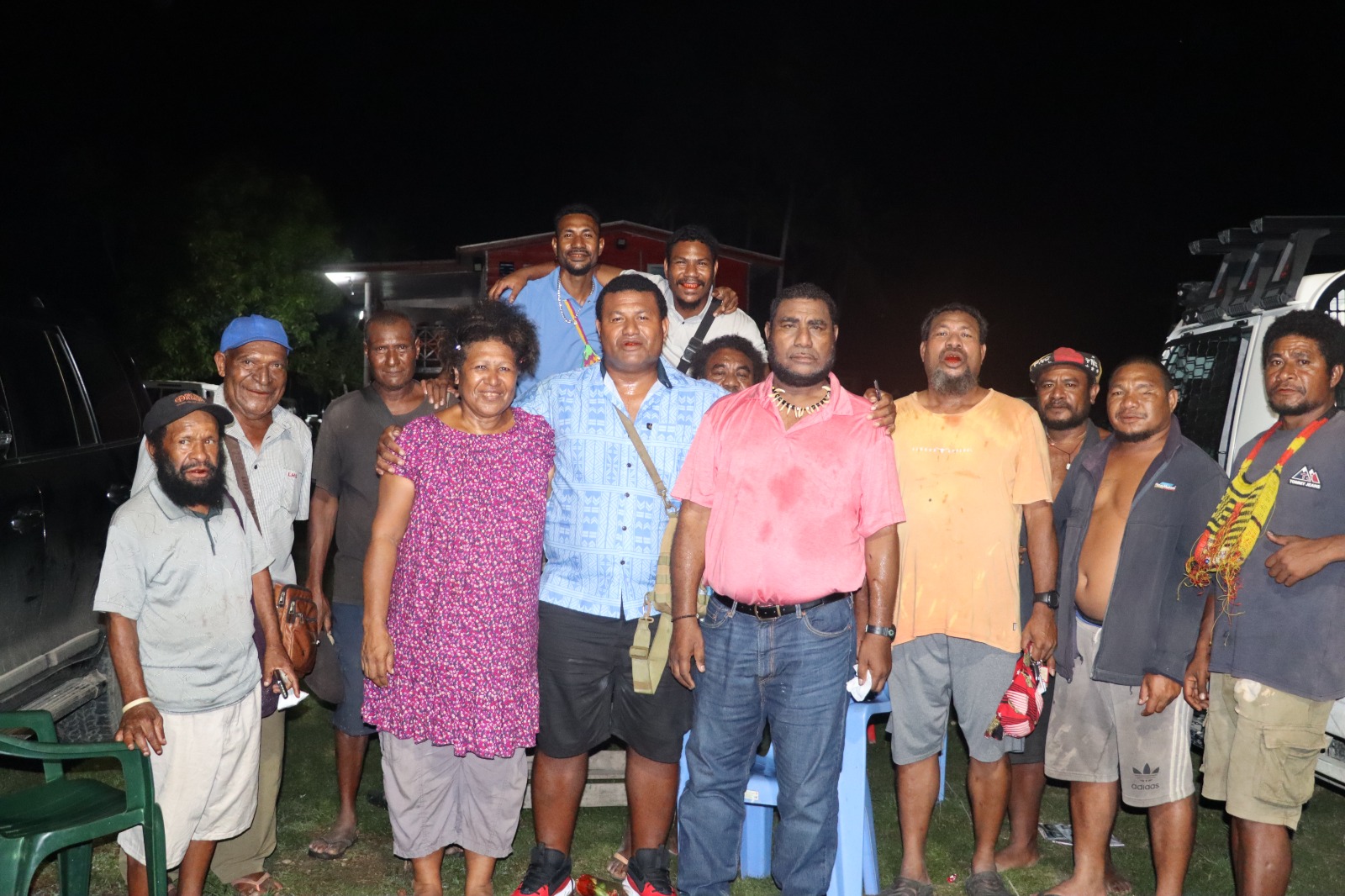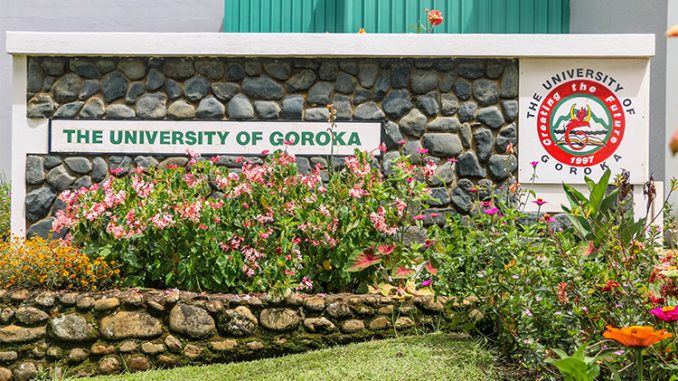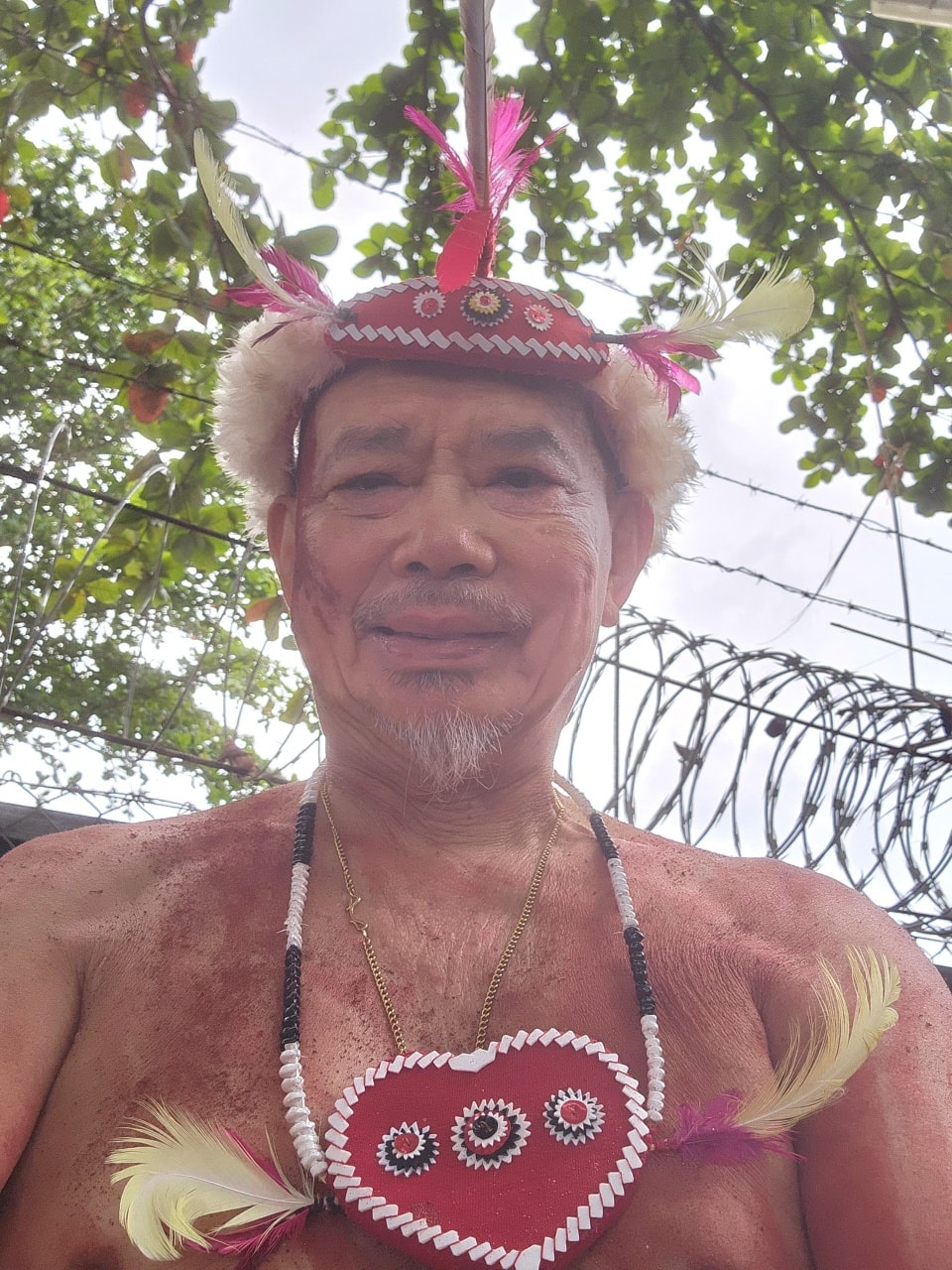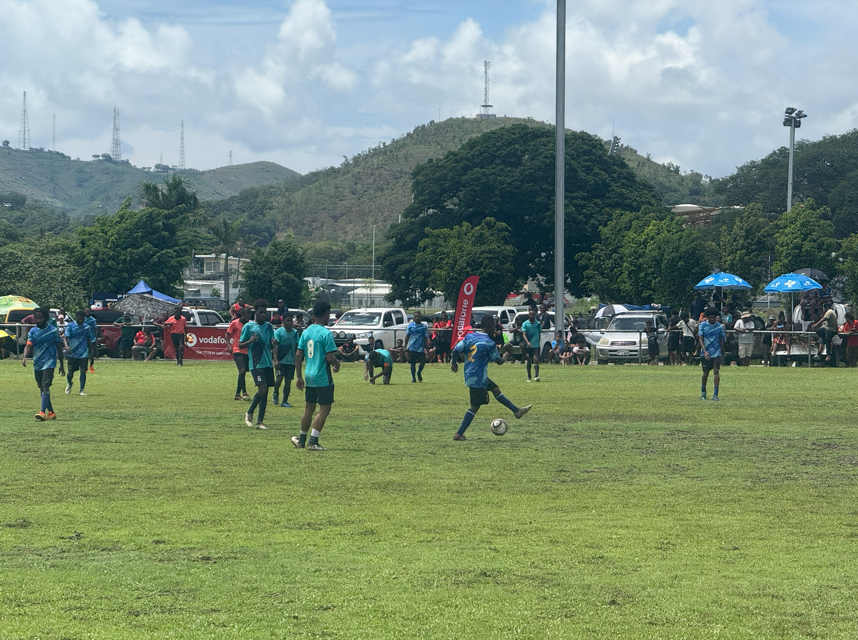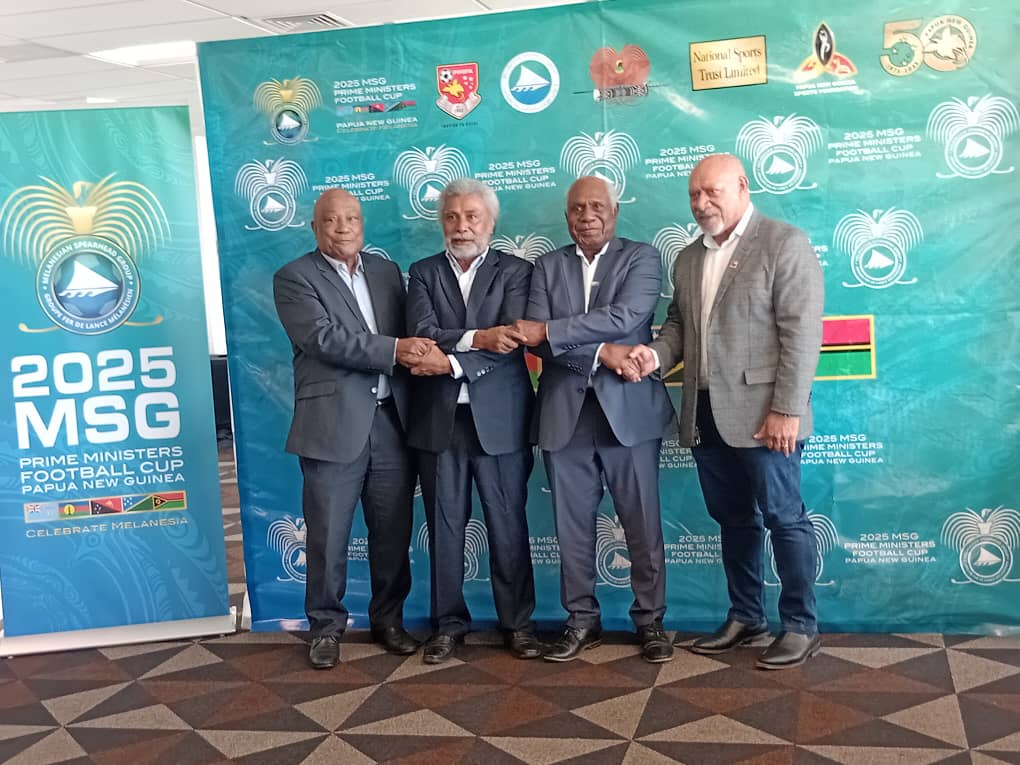The Department of Community Development, Youth and Religion recently concluded a successful three-day Financial Literacy Training Workshop from 12th to 14th November 2025 at St. Theresa Catholic Church Hall in Kamkumung, Lae, Morobe Province.
The workshop aimed at enhancing the financial knowledge and skills of participants, including informal market vendors, youths, widowed mothers, and persons living with disabilities from the West Taraka community.
Organized by Ben Pamundi, Huon Gulf District Community Development Officer (CDO) and Welfare Officer, the training focused on two critical modules: Budgeting and Savings.
These topics were specifically designed to improve the financial capacity of participants, particularly those engaged in the informal market sector.
Through practical lessons, 60 attendees learned effective methods for managing daily earnings, planning expenses, and building sustainable saving habits.
Sessions were led by Cecilia Wrondimi, Assistant Director of the Informal Economy Section, who provided tailored financial advice, suited to small-scale earners.
One of the major achievements of the workshop was the opening of bank accounts for all participants with the Women’s Micro Bank, ensuring greater access to financial services.
In addition, each participant was registered for paramedic insurance, offering essential financial protection and access to healthcare services.
Alongside the financial literacy training, the Department launched its Community Needs Assessment (CNA) initiative, utilizing the KOBO online data-collection platform.
This tool enables the real-time collection of vital community data on indicators such as the presence of persons with disabilities, cases of abuse and violence, offenders and vulnerable groups, access to health facilities, police stations, and other community service gaps.
The data gathered will play a crucial role in guiding future planning and government interventions in areas most in need of support.
The CNA operations in Morobe and East Sepik Provinces are coordinated by Marina Abala, while field implementation, verification, and reporting are overseen by Opama Henry, DCDC Officer for both provinces.
A spokesperson from the Department noted that financial empowerment combined with accurate community data was critical for improving livelihoods and strengthening social protection.
“These initiatives ensure our communities have both the knowledge and evidence needed to support sustainable development.”

